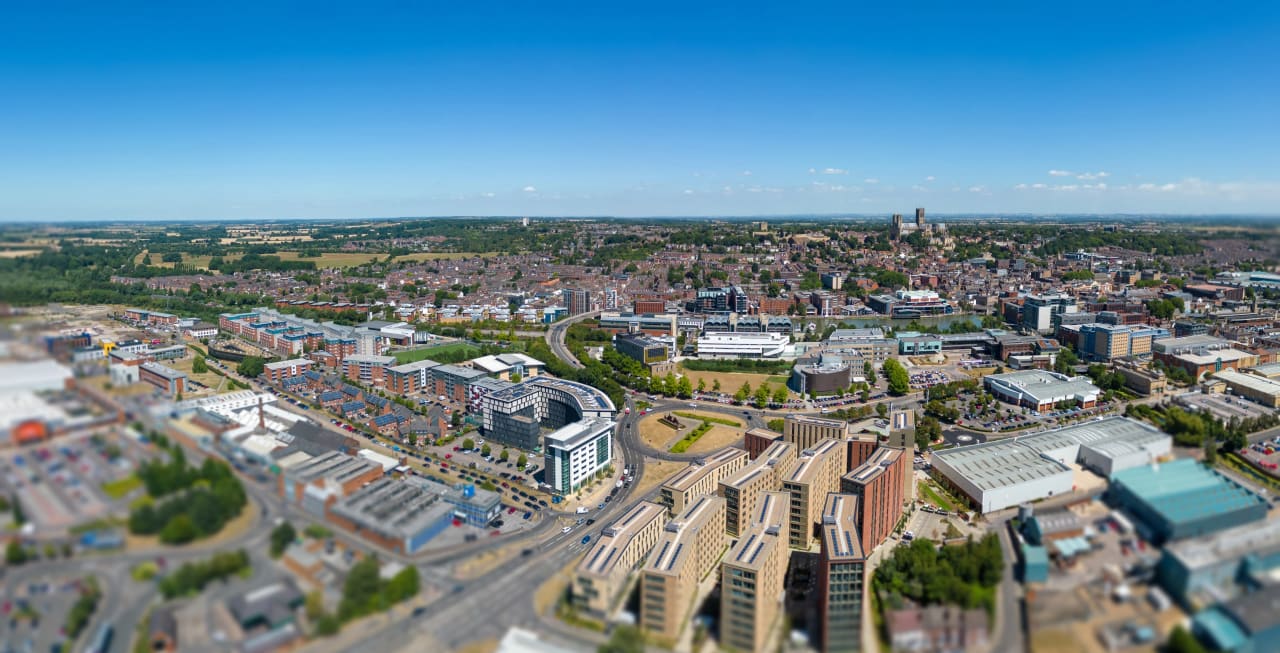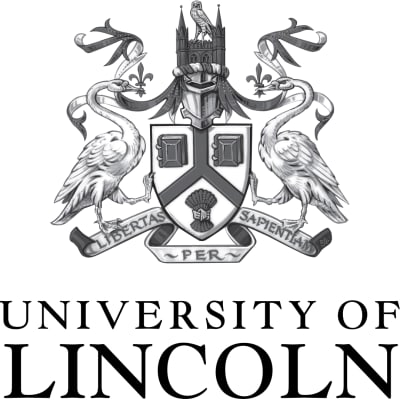
BSc (Hons) Strength and Conditioning in Sport
University of Lincoln

Key Information
Campus location
Lincoln, United Kingdom
Languages
English
Study format
On-Campus
Duration
3 years
Pace
Full time
Tuition fees
Request info
Application deadline
Request info
Earliest start date
Request info
Discover Lincoln Wherever You Are in the World
Our webinars, subject masterclasses, question and answer sessions, and student panel talks are a great way to discover what it is like to live and study at the University of Lincoln.
Introduction
Strength and Conditioning in Sports bring together the application of sports and exercise science to maximise the physical preparation of athletes.
This degree offers students the opportunity to develop knowledge, understanding, and practical skills in applied strength and conditioning, physiology, biomechanics, and nutrition.
It aims to prepare students to provide strength and conditioning support to athletes and work in the University’s Strength and Conditioning Clinic. A number of professional qualifications are integrated into the curriculum that students may choose to undertake alongside their degree at no extra cost. These include Gym Instruction, Personal Training, and Exercise Referrals.
IUSCA Accreditation
This programme is accredited by the International Universities Strength and Conditioning Association (IUSCA). The IUSCA has been developed to support the growing area of strength and conditioning in the university sector across the world.
CIMSPA Endorsement
This programme is endorsed by The Chartered Institute for the Management of Sport and Physical Activity (CIMSPA) for Strength & Conditioning Trainer, Gym Instructor, and Personal Trainer. This endorsement demonstrates the University's commitment to ensuring students' teaching and learning is aligned to industry standards. For a student to register with CIMSPA and arrange certification for professional standards gained during this degree, a small administration charge would be required.
NSCA Recognition
This course is also recognised by the National Strength and Conditioning Association (NSCA), the largest global body in strength and conditioning.
"This information was correct at the time of publishing (July 2023)"
Admissions
Curriculum
How You Study
The course is designed to develop students' critical understanding of the knowledge and practical competencies required by strength and conditioning professionals. Key concepts are presented over the three years, with deepening layers of complexity.
Applied assessments and work placements provide opportunities for students to experience real-life work scenarios and are designed to develop the skills needed to succeed in a range of sports-related careers.
Modules can include Foundations in Strength and Conditioning; Fundamentals of Human Physiology; Applied Exercise Physiology; Nutrition for Health and Performance; Advanced Strength and Conditioning; and Advanced Biomechanical Analysis.
First Year
- Biomechanical Basis of Human Movement (Core)
- Foundations in Human Nutrition (Core)
- Foundations in Strength and Conditioning (Core)
- Fundamentals of Human Physiology (Core)
- Research Skills (Core)
Second Year
- Advanced Research Skills (Core)
- Applied Movement Analysis (Core)
- Applied Strength and Conditioning (Core)
- Applied Exercise Physiology (Option)†
- Applied Health Physiology (Option)†
- Exercise Instruction (Option)†
- Nutrition for Health and Performance (Option)†
- Study Abroad (Option)†
- Work Placement Year (Option)†
Third Year
- Advanced Strength and Conditioning (Core)
- Dissertation (Core)
- Advanced Biomechanical Analysis (Option)†
- Advanced Sport and Exercise Nutrition (Option)†
- Advanced Sports Physiology (Option)†
- Exercise Prescription for Health (Option)†
- Personal Training (Option)†
† Some courses may offer optional modules. The availability of optional modules may vary from year to year and will be subject to minimum student numbers being achieved. This means that the availability of specific optional modules cannot be guaranteed. Optional module selection may also be affected by staff availability.
How You Are Assessed
The way students are assessed in this course may vary for each module. Examples of assessment methods that may be used include coursework, such as written assignments, reports or dissertations; practical exams, such as presentations, performances or observations; and written exams, such as formal examinations or in-class tests.
Program Outcome
How You Study
The course is designed to develop students' critical understanding of the knowledge and practical competencies required by strength and conditioning professionals. Key concepts are presented over the three years, with deepening layers of complexity.
Applied assessments and work placements provide opportunities for students to experience real-life work scenarios, and are designed to develop the skills needed to succeed in a range of sports-related careers.
Modules can include Foundations in Strength and Conditioning; Fundamentals of Human Physiology; Applied Exercise Physiology; Nutrition for Health and Performance; Advanced Strength and Conditioning; and Advanced Biomechanical Analysis.
Scholarships and Funding
For eligible undergraduate students going to university for the first time, scholarships and bursaries are available to help cover costs. The University of Lincoln offers a variety of merit-based and subject-specific bursaries and scholarships.
Several scholarship options are available. Please check the university website for more information.
Program Tuition Fee
Career Opportunities
Graduates can progress to a range of careers in areas such as sport development, coaching, and fitness instruction, and graduate-level employment in the uniformed services. Some choose to go on to postgraduate study or teaching.